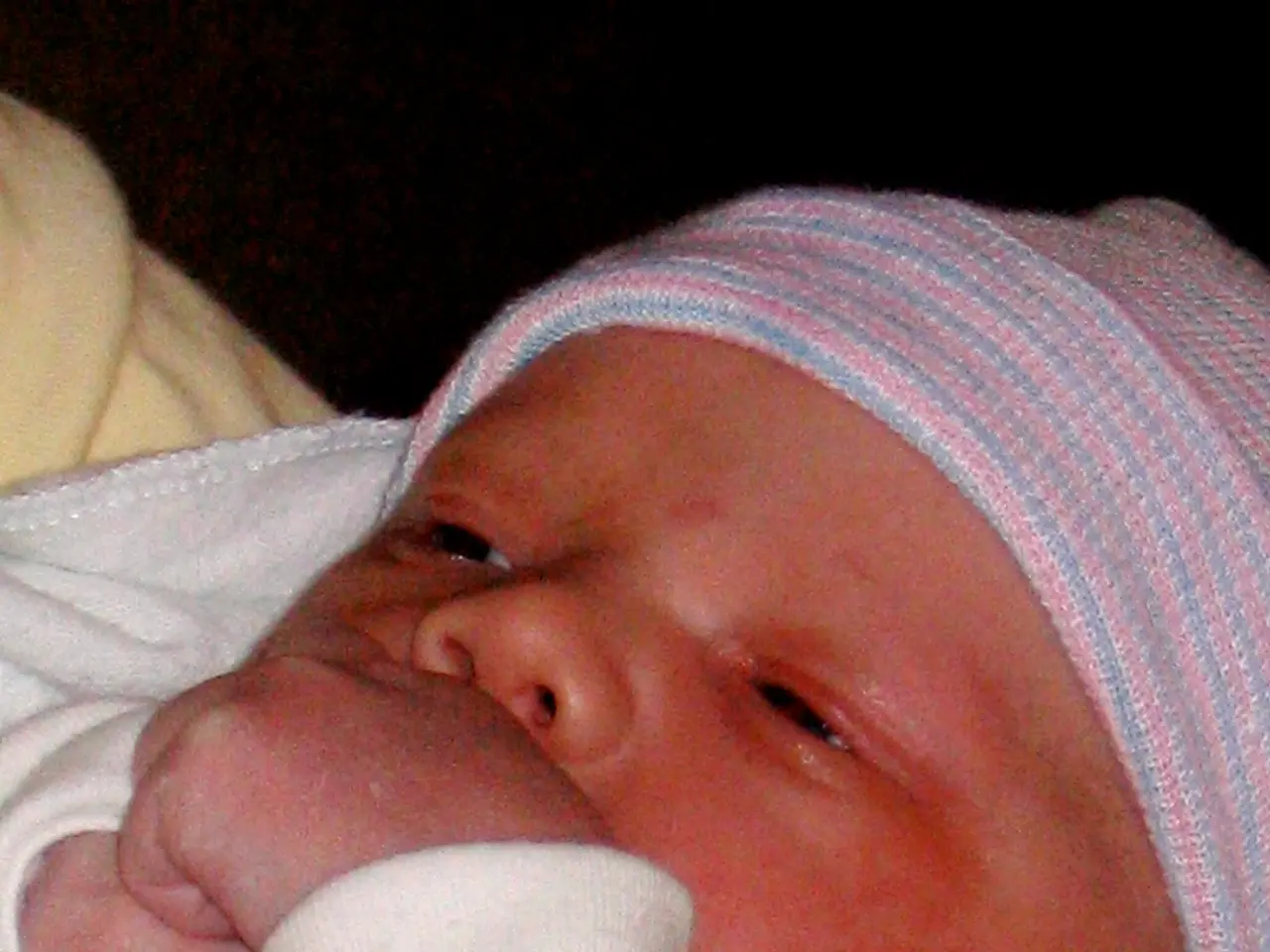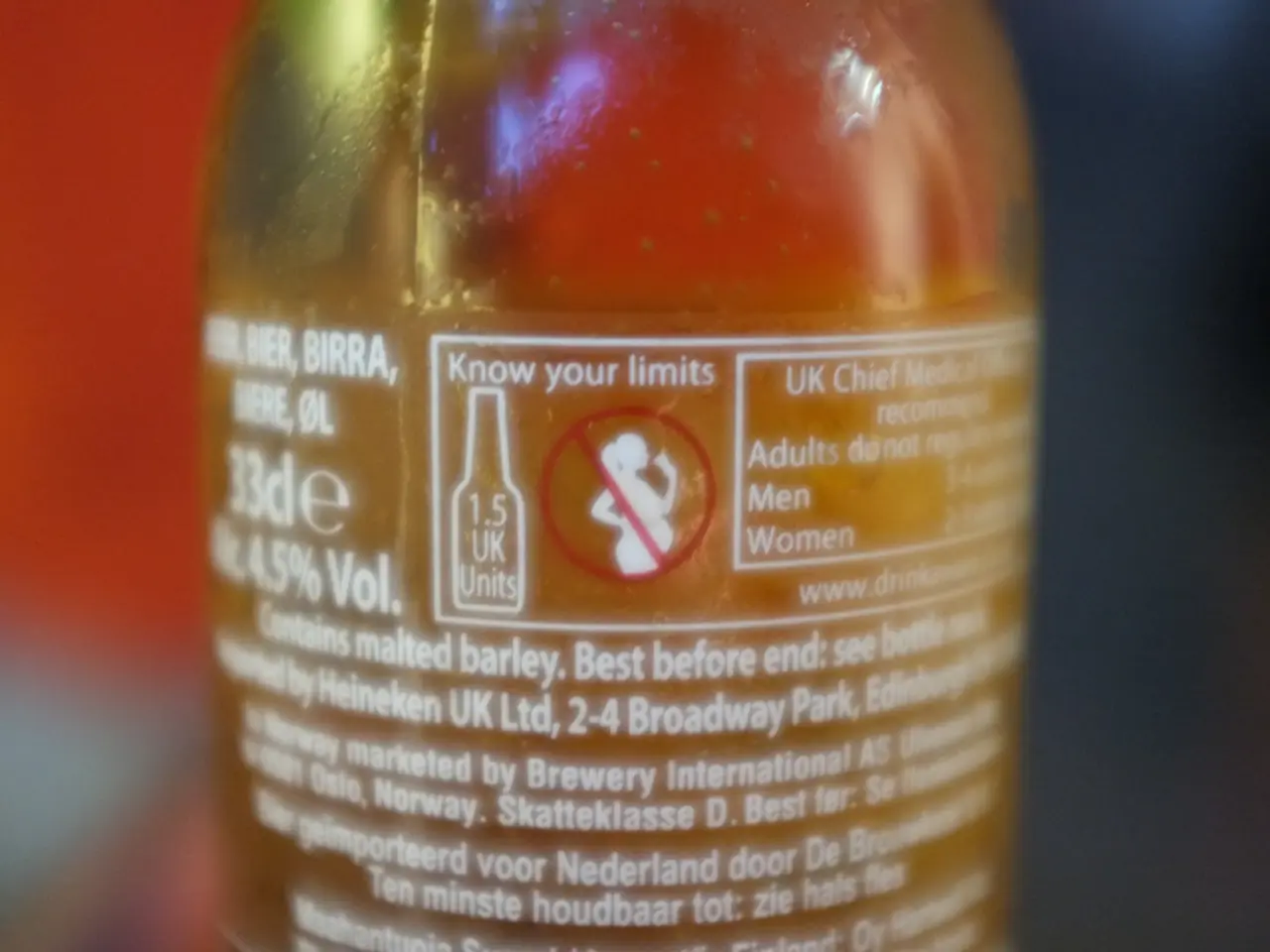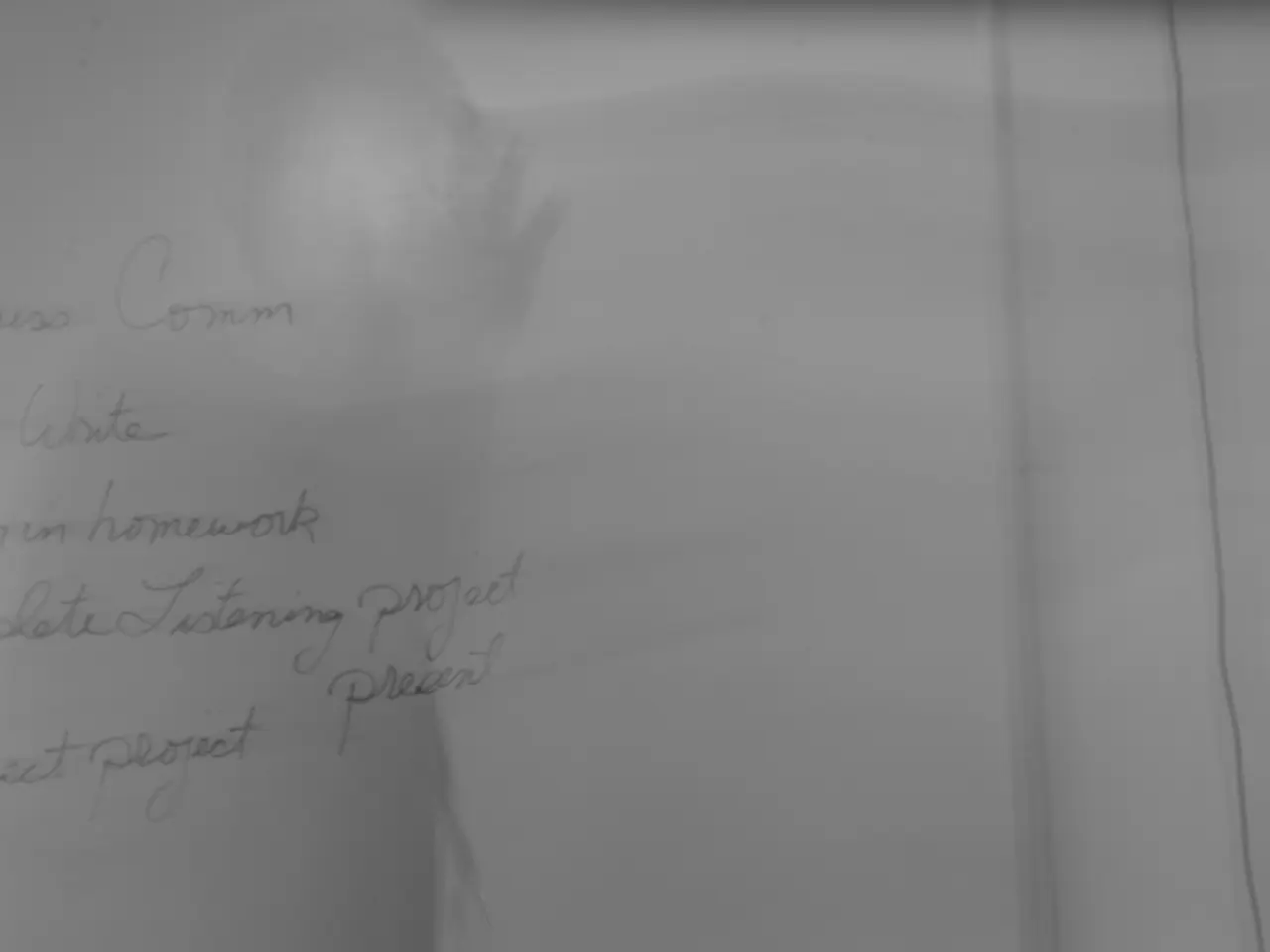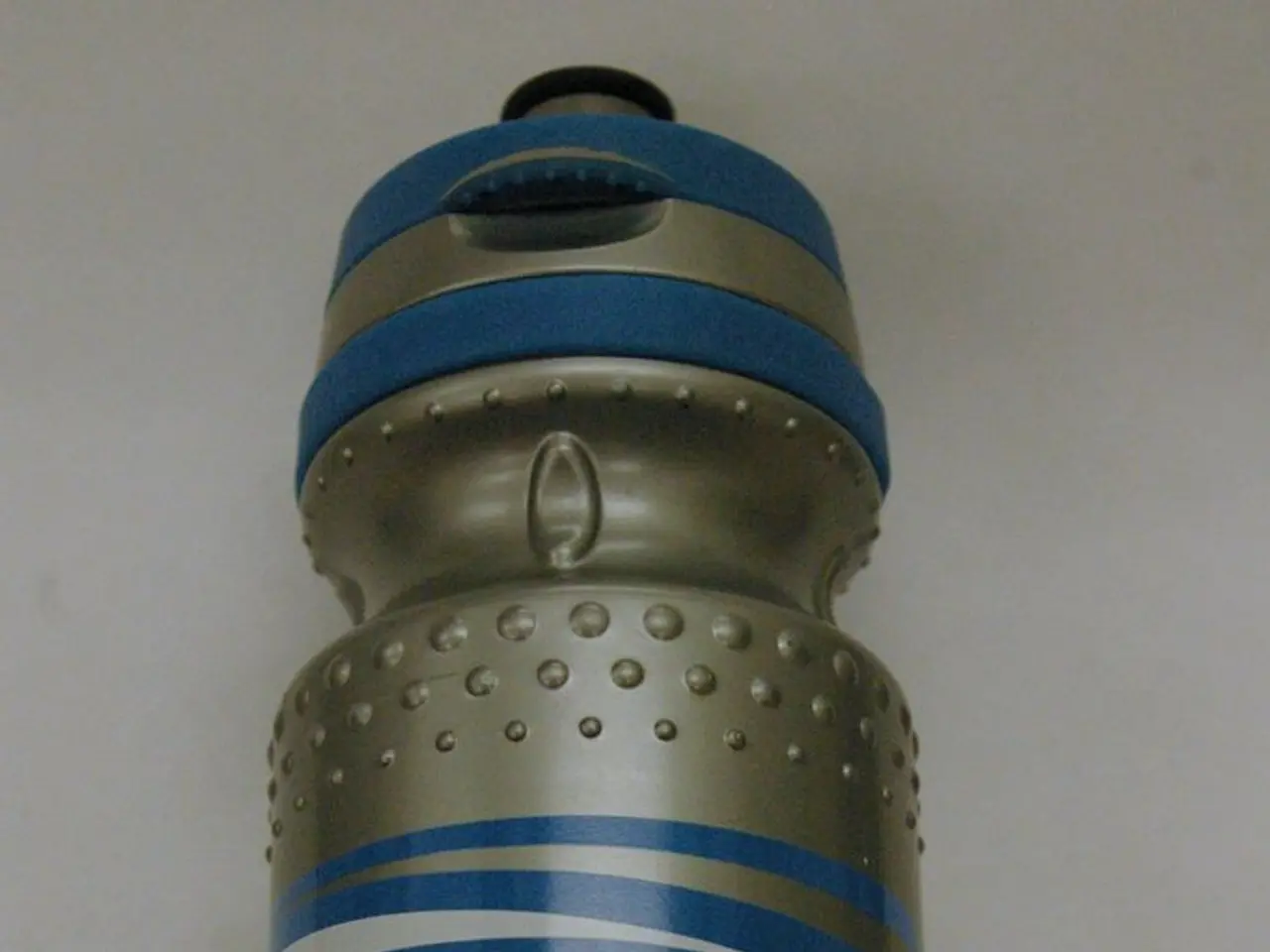Infant Abuse Syndrome: Origin, Signs, and Further Insights
Shaken Baby Syndrome (SBS) is a severe brain injury that can have devastating and long-lasting effects on infants. The condition is caused by violently shaking a baby, and it is a form of abuse, not play.
SBS is a leading cause of physical child abuse deaths in children under 5-years-old in the United States. The violent shaking can cause acceleration-deceleration trauma, leading to brain injury such as contusions, nerve damage, intracranial hemorrhages, and rupture of blood vessels. These brain injuries underlie the chronic neurological and physical impairments seen in survivors.
Babies that are newborn to 1 year old, particularly those aged 2-4 months, have a higher risk of injury from shaking. SBS can cause the brain to swell and bleed, which may lead to permanent and severe brain damage or death. Symptoms of SBS include problems breathing, extreme irritability, lethargy, vomiting, poor feeding, convulsions, pale or bluish skin, subdural hemorrhages, retinal hemorrhages, damage to the spinal cord and neck, and broken ribs and other bones.
If a person suspects child abuse, they can contact 911 or their local child protective agency. It is important to remember that if a person is a friend or family member of a parent or caregiver, they should offer support by offering to give the parent or caregiver a break, explaining that infant crying is normal and gets better over time, encouraging the person to put the baby in a safe place and take a calming break, and being sensitive and supportive when speaking to a person who is dealing with a crying baby.
Parents and caregivers who are struggling can contact charities and organizations for support, such as Parents Helping Parents, National Parent Helpline, Childhelp, and the Substance Abuse and Mental Health Services Administration. If a parent or caregiver is dealing with an inconsolable child and feeling frustrated or upset, they should focus on calming down, put the baby down in a safe place, and walk away to calm themselves. They should check on the baby every few minutes.
Complications from SBS include blindness and impaired vision, physical disabilities, hearing impairments, epilepsy, intellectual disability, cerebral palsy, seizures, spasticity, and developmental delays. Approximately 30% to 60% of survivors have moderate to severe disabilities, and about 20% of cases result in death. It is important to seek help as soon as possible if experiencing thoughts about harming oneself or the child.
Adjusting to parenthood can be stressful and overwhelming, and it is OK to ask for help. Remember that it is never acceptable to shake a baby, and seeking help is the best way to prevent SBS and ensure the safety and wellbeing of your child.
References:
- American Academy of Pediatrics. (2019). Shaken baby syndrome fact sheet. Retrieved from https://www.aap.org/en-us/about-the-aap/aap-press-room/pages/shaken-baby-syndrome-fact-sheet.aspx
- Centers for Disease Control and Prevention. (2020). Shaken baby syndrome. Retrieved from https://www.cdc.gov/violenceprevention/childabuseandneglect/shakenbaby/index.html
- National Center on Shaken Baby Syndrome. (2021). What is shaken baby syndrome? Retrieved from https://dontshake.org/what-is-shaken-baby-syndrome/
- National Institute of Neurological Disorders and Stroke. (2021). Shaken baby syndrome. Retrieved from https://www.ninds.nih.gov/Disorders/All-Disorders/Shaken-Baby-Syndrome-Information-Page
- World Health Organization. (2021). Shaken baby syndrome. Retrieved from https://www.who.int/news-room/fact-sheets/detail/shaken-baby-syndrome
- Although Shaken Baby Syndrome (SBS) is a severe form of child abuse, parenting can be stressful and support from organizations like Parents Helping Parents or the National Parent Helpline may be helpful in dealing with overwhelming situations.
- In the science of health and wellness, SBS is a leading cause of chronic neurological and physical impairments in children under 5-years-old, often resulting from violent shaking, which can cause acceleration-deceleration trauma, intracranial hemorrhages, and retinal hemorrhages, amongst other medical-conditions.
- Pfizer, as a prominent pharmaceutical company, is not directly related to SBS; however, caregivers dealing with a baby's medical-conditions might seek medical treatments or advice from healthcare professionals.
- As abusive behavior towards children is unacceptable and harmful, it is essential for friends and family members to offer support to parents and caregivers by creating a safe environment, explaining that infant crying is normal, and encouraging breaks to prevent potential accidents like SBS.
- Long-term complications of SBS can include impaired vision, physical disabilities, hearing impairments, epilepsy, intellectual disability, cerebral palsy, and developmental delays, making it crucial to seek professional help as soon as possible if any concerns related to the baby's health arise, such as thoughts about harming oneself or the child.




